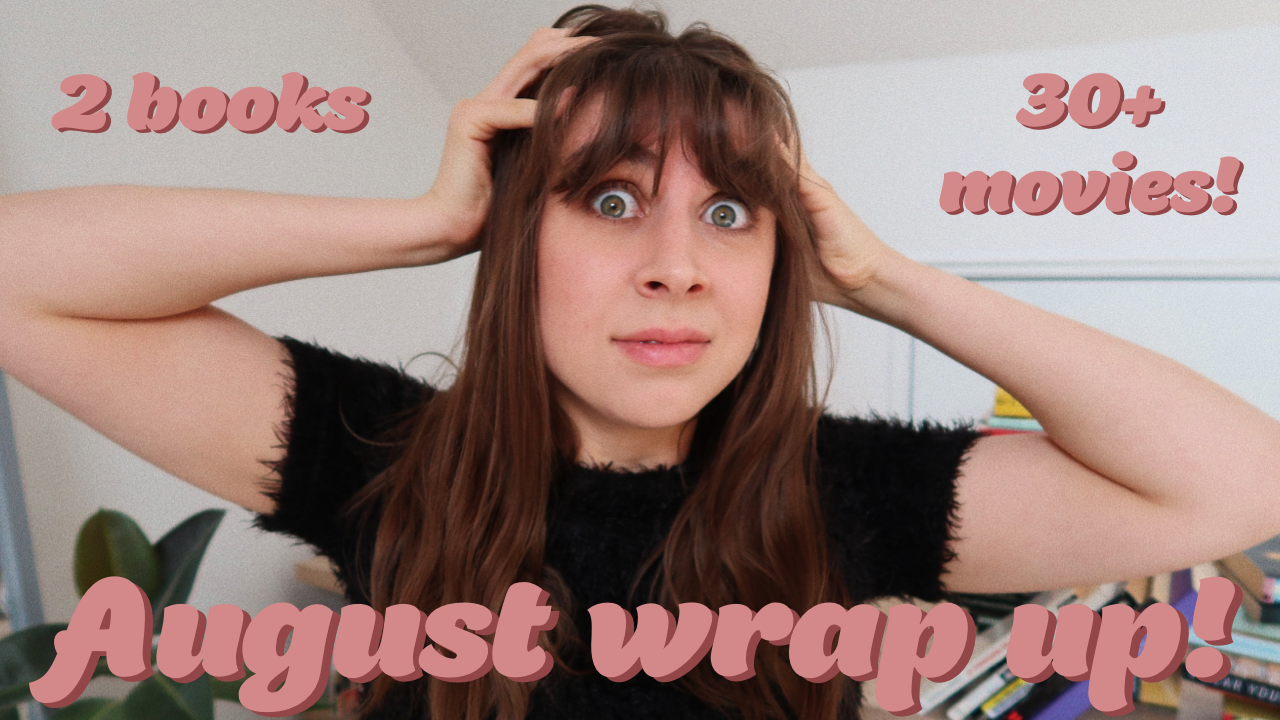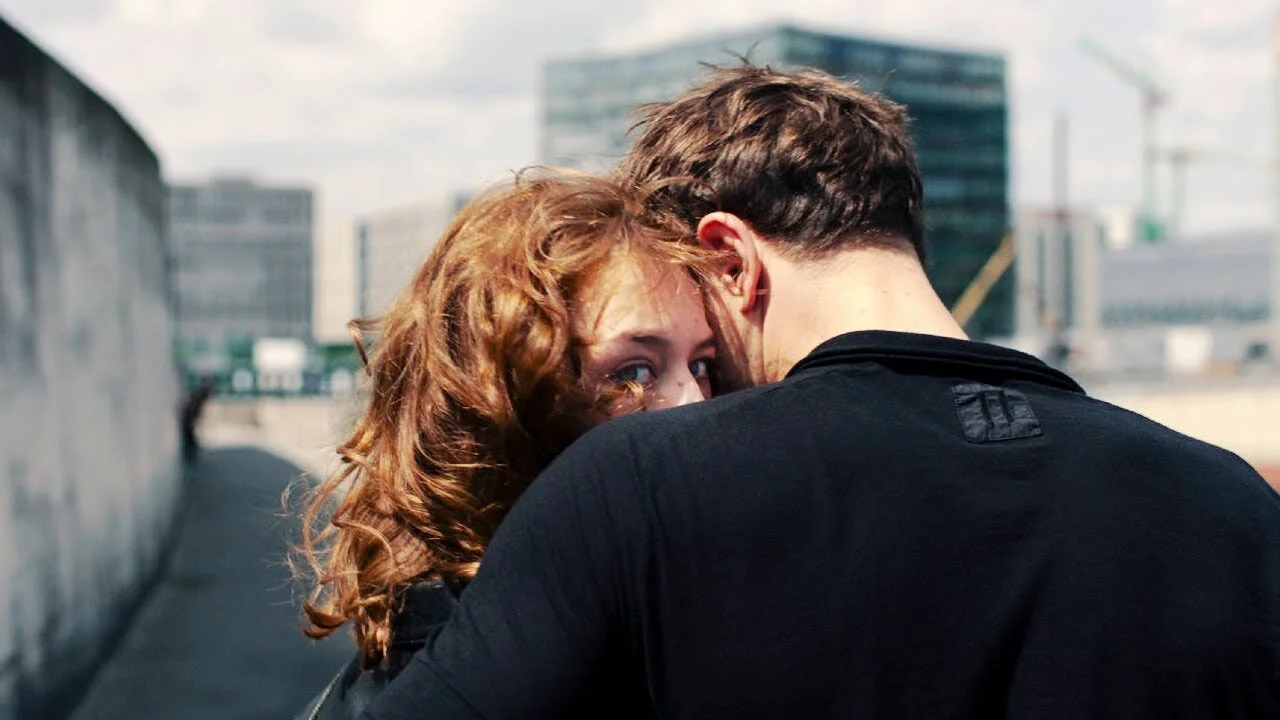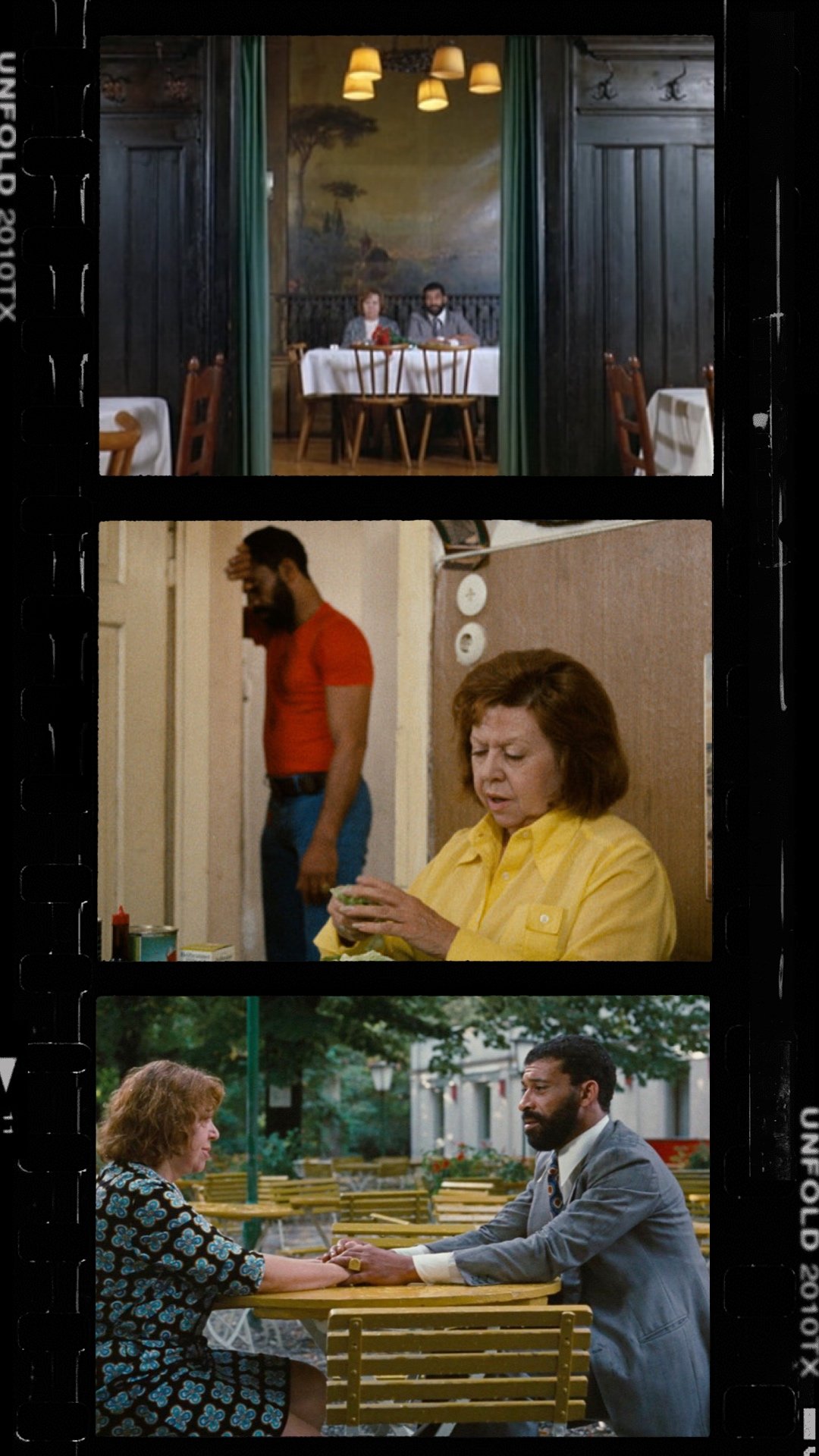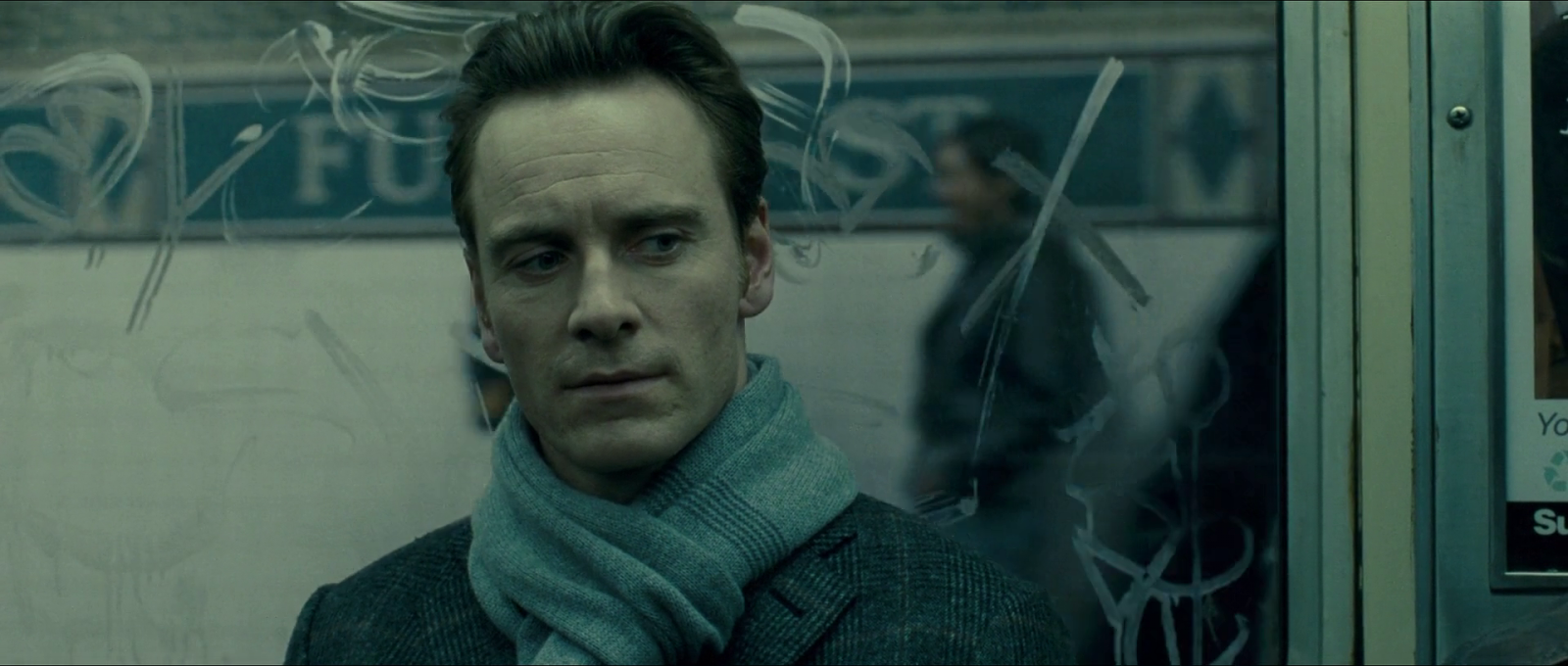5 reasons why Denis Villeneuve's Dune could be the greatest book to film adaptation ever made
Usually, book-to-film adaptations get a bad rep. Fans of the source material are prone to finickity nit-picking, and more often than not, the screenplay never quite captures the full essence of the story because, in most cases, there’s just not enough time to cover it all.
Of course, there's the odd good one, and the occasional great one, many of which we can thank the late great Mr Stanley Kubrick for. Yes, even The Shinning that Stephen King notoriously hated.
But 9 times out of 10, the consensus is always that the book is better than the movie. But Denis Villeneuve could quite possibly change that when his cinematic blockbuster adaptation of Dune hits theatres in October.
Here are 5 reasons why Denis Villeneuve’s Dune will blow us away
He's a fan of the book – and I mean a fan
Villeneuve has read Frank Herbert's epic space fantasy novel many times over; he has an undeniable passion for the material. When Denis made Blade Runner 2049, he took the DNA of Ridley Scott's movie and ran with it, he was loyal but also creative with the world, and that's exactly what Dune needs. Someone who loves it and wants it to be Dune but is willing to make it mainstream in a clever way.
He's done a Book to Movie adaptation before, and it was fantastic
The sophisticated and utterly classy 2016 film Arrival is based on a short story by Ted Chiang, and well, it was unarguably one of the best films of the year. This film cemented Villeneuve’s status as a certified Sci-fi wizard as he turned a rather intriguing and very short story into a mind-blowing theatrical experience that only gets better on re-watches.
It's a timeless look for a timeless book
From the looks of the trailer, we are getting a believable Dune. A much more palatable cinematic version, unlike the kitsch campiness of David Lynch's oh so 80's it hurts adaptation from 1984. If anything, there are some major operatic and Shakespearean vibes to the production. The scope of Dune is immense, and the political intrigue is Game of Thrones-level stuff, and that’s exactly what Denis is delivering.
It's woke
Climate crisis, Colonialism, whitewashing, white saviours – all terms that are very much in our verbal lexicon nowadays and this adaptation of Dune tackles them all.
Colonisers ravish Arrakis, for it is the only place where you can acquire the priceless spice Melange. Paul is part of the problem or, at best, a White Saviour, and if you look at Lynch’s 1984 movie it really was rather too white for an intergalactic society hundreds of years in the future.
For a book published in 1965, Dune is still very much contemporary, its issues are our issues, and really this is the perfect time for Dune to be hitting our screens. It’s pure sci-fi epicness with a gut-wrenching punch behind it. Dune is essential viewing.
In Denis Villeneuve, we trust
Going into a Denis Villeneuve movie is a safe thing; he’s a director you can trust. It’s like walking into a Christopher Nolan movie and knowing something about Time will be in the plot or into a Marvel movie and knowing it’s going to be a fun and formulaic blast.
With Villeneuve, you know you’re going to get great visuals, great stories and above all, you know there will be stellar performances. Timothee Chalamet is the perfect casting choice for Paul Atreides; not only is he one of Hollywood’s hottest talents under 30 right now he has the perfect sad boy vibe that just screams an epic coming-of-age story; I feel like he’s going to play Paul as a sort of space Hamlet, to be emperor or not to be emperor that is the question!













